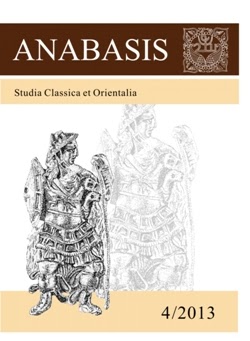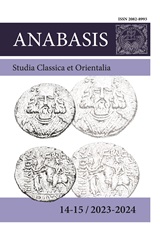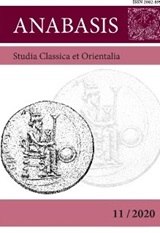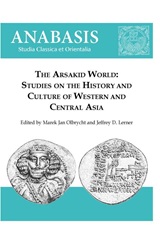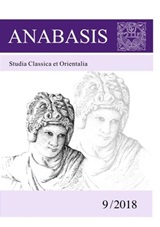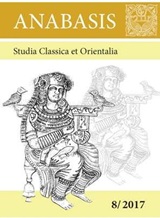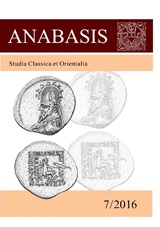Sullas Gegner, Dianas Schützling: Sertorius’ Selbstdarstellung und Nachwirkung
Keywords:
Sertorius, Diana, Rome, RepublicAbstract
According to Valerius Maximus, after Sertorius’ death, an imposter claimed to be his son trying to get access to his family. However, he was rejected by Sertorius’ widow. His appearance sheds an interesting light upon the way Sertorius was remembered by parts of Roman society. Instead of being considered as a traitor or loser as is often suggested, he seems to have been a positive political symbol for some Roman factions providing potential for being instrumentalized. This paper aims at analyzing Sertorius’ political self-fashioning during his War against the Sullanian Senate towards the Roman recipients on one side and the non-Roman recipients of his multicultural troops on the other side. It will argue that Sertorius’ public image did not counteract or violate the role-models for Roman commanders and politicians of his time. However, the propaganda of his opponents, including his murderer Perperna and his followers, seems to have shaped the negative tradition in the ancient sources that Sertorius particularly tried to amaze the Spanish „barbarians“ and in the end, turned into an un-Roman tyrant commander himself. The fact that Pompey and Metellus were granted a triumph for their victory in Spain although the campaign was in fact part of the civil war will have been a major factor: The conflict was depicted as an external war against non-Roman enemies.
Downloads
Published
How to Cite
Issue
Section
License
Copyright (c) 2013 Anabasis. Studia Classica et Orientalia

This work is licensed under a Creative Commons Attribution-NonCommercial-NoDerivatives 4.0 International License.

